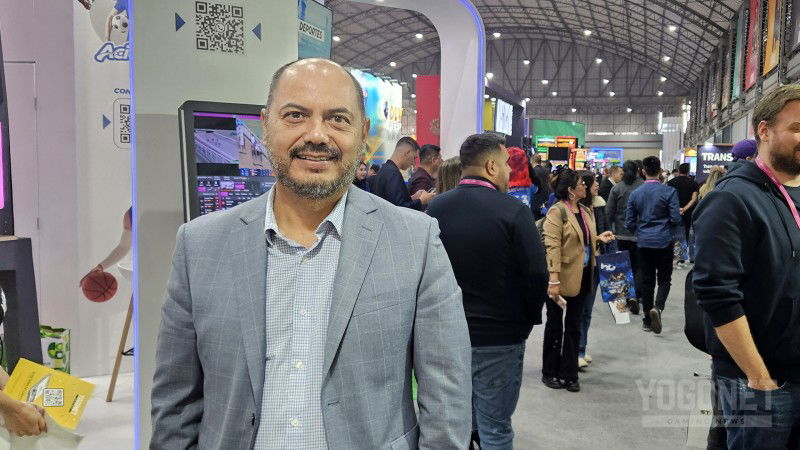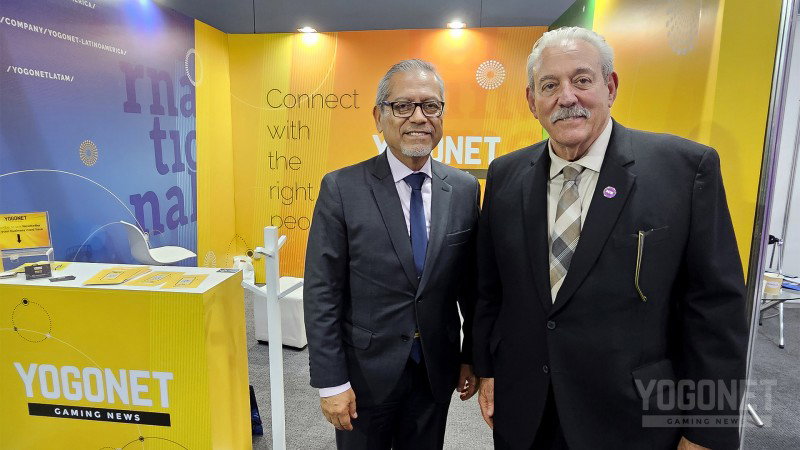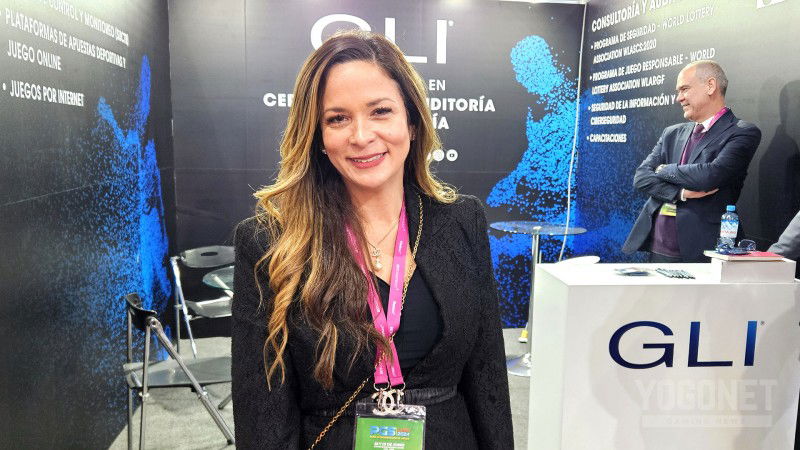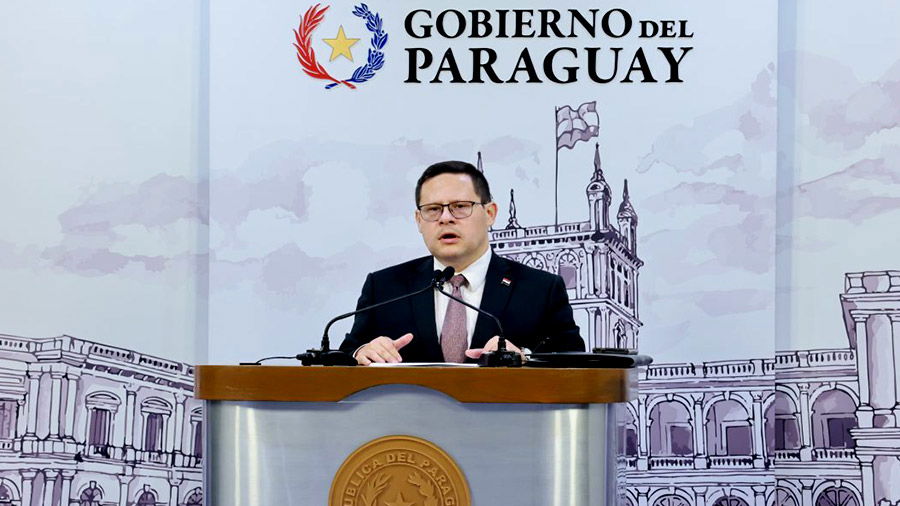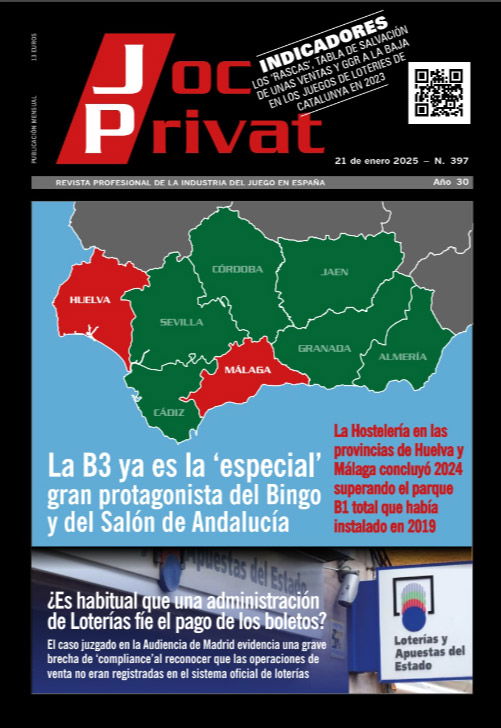PGS 2024 comes to an end after two days full of visitors and an academic cycle focused on the online sector

The 21st edition of the Peru Gaming Show (PGS 2024) concluded following a second day that saw an exhibition hall full of visitors from different countries, as well as two academic days that focused on online regulation and the needs of iGaming operators in Peru and the Latin American region.
According to preliminary figures, the event held at the Jockey Exhibition Center gathered more than 8,000 visitors from different Latin American countries, Europe, and the United States. In addition, more than 80 brands were present, including exhibitors and sponsors.

At the same time, the exhibiting companies demonstrated greater production values in their stands, with more sophisticated designs and staging. The fair also featured the participation of renowned Peruvian operators, such as La Tinka, Tinbet, Gana Express, and Apuesta Total, which was a sponsor of the event.
The second day's academic session began with the presentation "Multiplicity of Payment Methods, Acceptance, and Growth", given by ProntoPaga's CEO, Sebastián Salazar. In his speech, Salazar highlighted the need for operators to prioritize real-time payments for their users.

"We have to understand [customers'] consumption habits, interpret them, and satisfy them," said Salazar, who also brought attention to the technological novelties that will break into the Latin American market, such as UPI, a real-time payment system that allows users to link several bank accounts to a single mobile application.
Afterward, Altenar's regional director, Hugo Llanos, delivered a talk entitled "Operator + Supplier, Strategies for a Winning Formula", in which he stressed the importance of online sports betting brands knowing "the ins and outs" of the countries in which they operate to better reach their customers.
Affiliation Systems
The first panel of the day, entitled "Challenges of the Affiliation System in Peru and Latin America", brought together Gevorg Rushanyan, manager of Digitain's sales team in Latin America; Matias Burga from Así es el Fútbol; and Ariel Izquierdo from online operator betVIP. The dialogue was moderated by Gustavo Sánchez, CEO of Wintech.
Gevorg Rushanyan
In his presentation, Rushanyan pointed out that Digitain had already been working with affiliate systems in Europe and that, based on a successful experience and in the absence of retail channels, they transferred this strategy to the Latin American market, Brazil and Mexico.
In explaining how the system works, he pointed out that the affiliates linked to Digitain requested as much information and data on the flow of traffic they generate, to evaluate their performance and provide better feedback to the operators.
In turn, Sanchez reminded attendees that an affiliate can be an individual who works as an influencer or tipster, as well as a media outlet. He added that their work is not only focused on acquiring users but also on retaining and reactivating them.
For his part, Izquierdo warned that affiliation systems are developing rapidly in Latin America and that, according to his calculations, between 30% and 40% of users will reach operators through this mechanism in the coming years. Therefore, he added, it is inevitable that brands will begin to explore this alternative.

Sustainable Gaming and the Colombian case
Then came the turn of the Vice President of Gaming Laboratories International (GLI) for Latam, Caribbean, and Spain, Karen Sierra, who gave a presentation on the factors needed to achieve Sustainable Gaming in an environment such as the Latin American one. Among these, she highlighted the Integrity of Sport, the fight against Illegal Gaming, and the Protection of Players and Responsible Gaming.
Regarding Integrity, she highlighted the relevance of the correct identification of the player and that tools such as the digital fingerprint -generated by the activity and habits of users in online platforms- and the accuracy of betting data serve to prevent fraud in the activity.
Furthermore, she noted that international institutions such as the International Betting Integrity Association (IBIA) and United Lotteries for Integrity in Sports (ULIS) are an attempt by operators to put a stop to practices that threaten the security of the sector.
Regarding Illegal Gambling, she stated that it is important a coordinate work in the industry and that, for example, payment methods companies do not offer services to operators that do not have a license to operate in certain jurisdictions.
She also welcomed the fact that different institutions in the region, such as the Buenos Aires City Lottery, signed agreements with social network companies such as Meta (Facebook and Instagram) to block accounts of unauthorized operators.
Karen Sierra
Finally, on Responsible Gaming, Sierra stressed the relevance of easy access to self-exclusion services for both users and operators. She also warned about the risks that a context of hybrid cashless and multichannel land-based and online presents for players.
Then Samer Atassi, Vice President for Latin America at Jumio, gave a talk entitled "Elementary Technologies in iGaming: Knowing your Players, Artificial Intelligence, Fraud", in which he warned about the dangers involved in the use of technology by fraudsters.
He argued that, in the face of an online gambling market that foresees an exponential growth of its gaming volume, it is important to appeal to technologies such as AI to avoid digital fraud and online attacks on online gaming companies. In this regard, he highlighted the use of biometrics as a barrier against such threats.
Finally, the lawyer Juan Camilo Carrasco, partner of Asensi & Abogados, presented the dissertation "Regulation in the Colombian Market and Experiences", in which he described the regulatory panorama for games of chance in this Latin American country and how an approach that prioritizes the legal security allows the generation of fiscal resources that contribute to Health.










